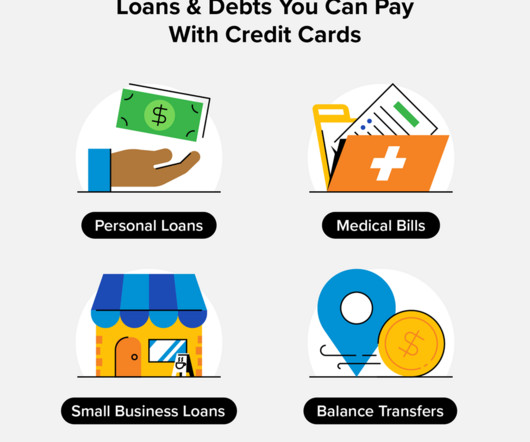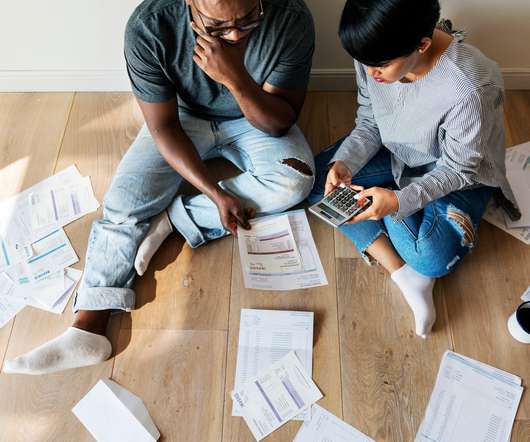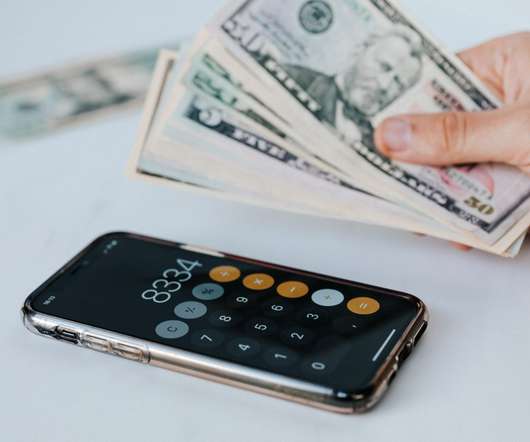What Is a Personal Loan?
Better Credit Blog
MAY 20, 2022
Each year, tens of millions of Americans facing similar situations turn to personal loans to help ease the financial burden. With low interest for borrowers with strong credit scores, fixed rates, and a variety of lending sources to choose from, it’s easy to see why personal loans are so enticing. How Personal Loans Work.

















Let's personalize your content